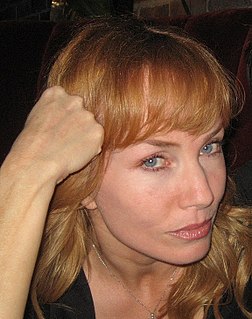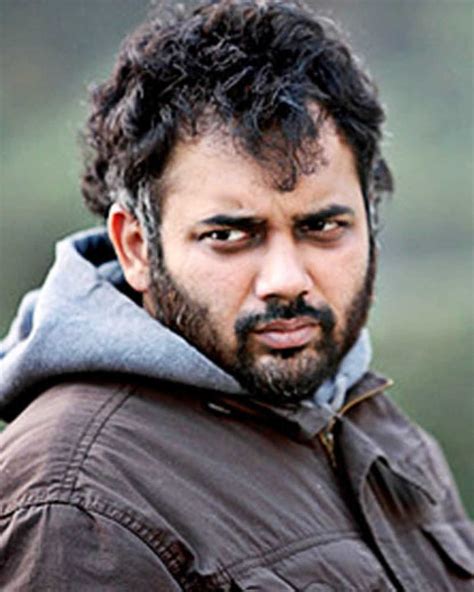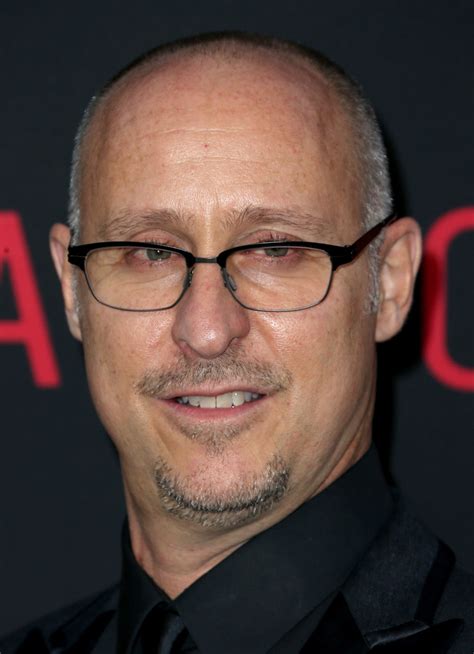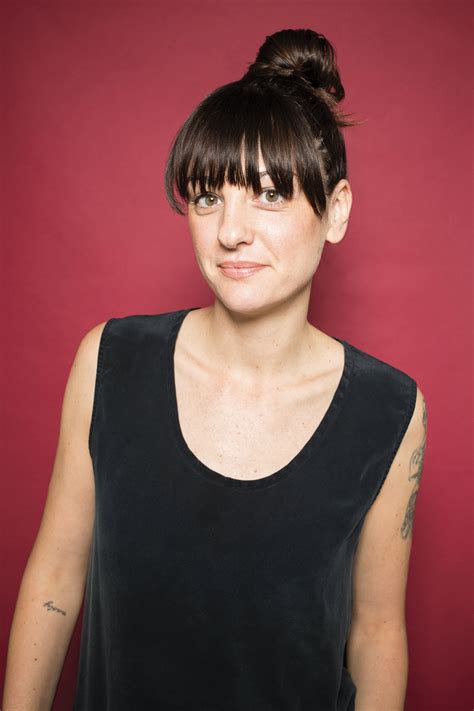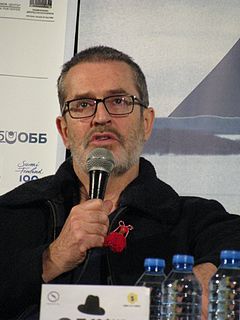A Quote by Terry Gilliam
All films are learning processes. I am still trying to work out how you make a movie. I didn't study at film school or any of those things. I didn't bother with film theory.
Related Quotes
My filmmaking style of remixing came out of necessity. When I was a film theory student at UC Berkeley in the early 1990s, there were no film production facilities. The only way I learned to tell stories on film was by re-cutting and splicing together celluloid of old movies, early animated films, home films, sound slug - anything I could get my hands on.











